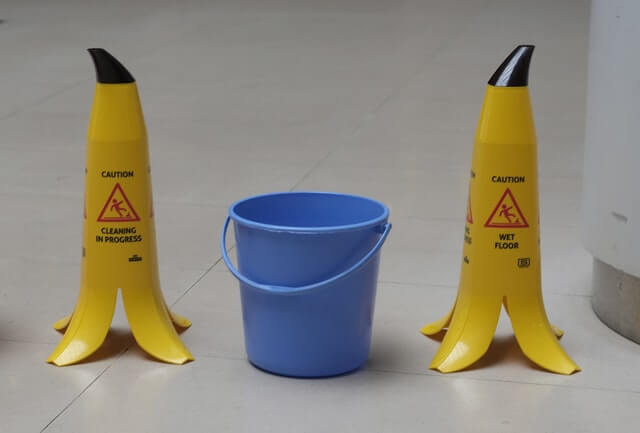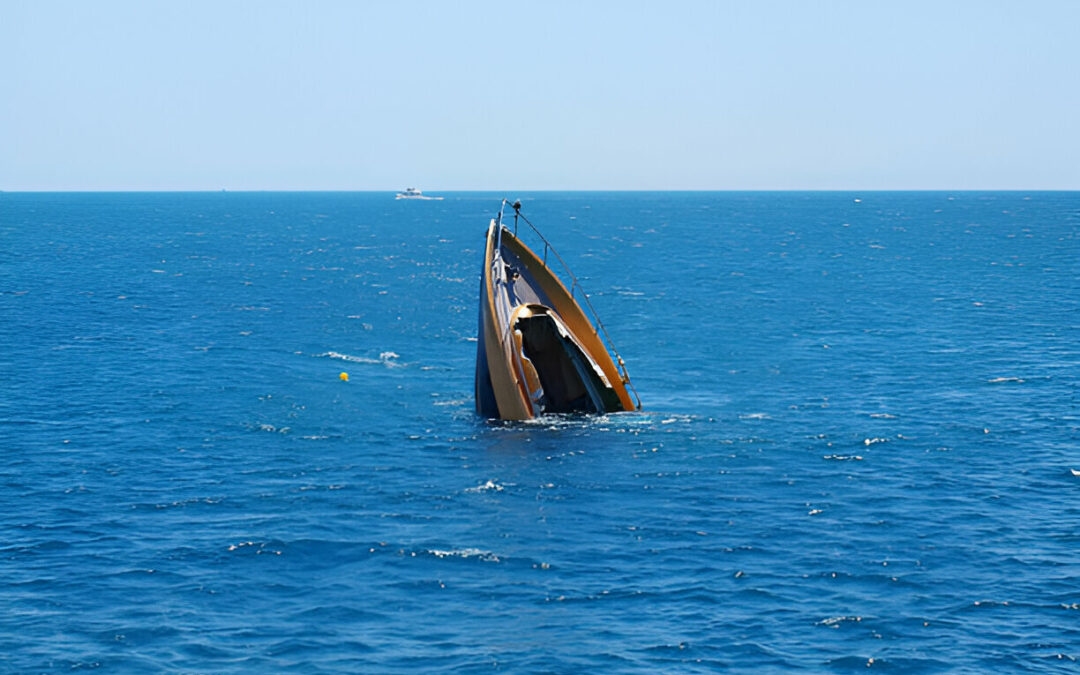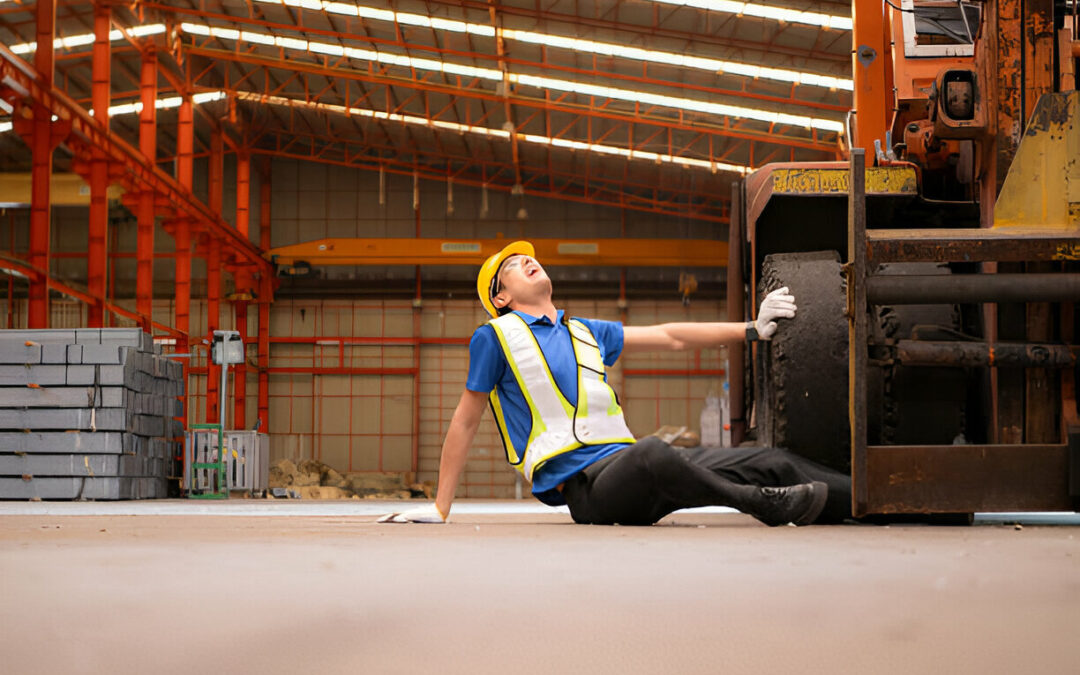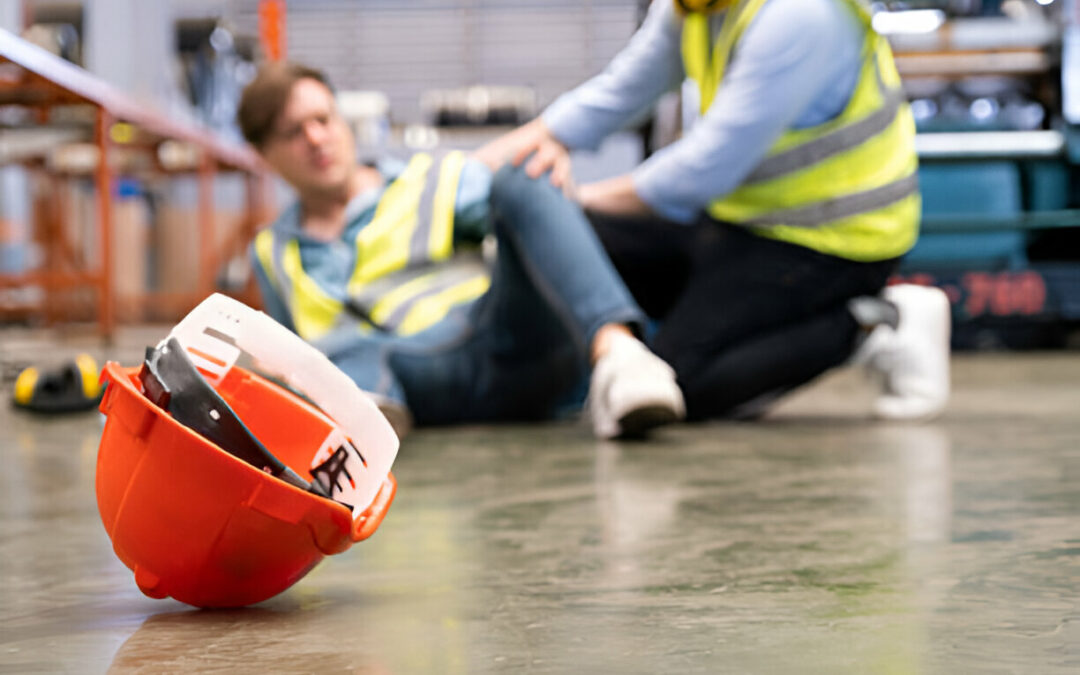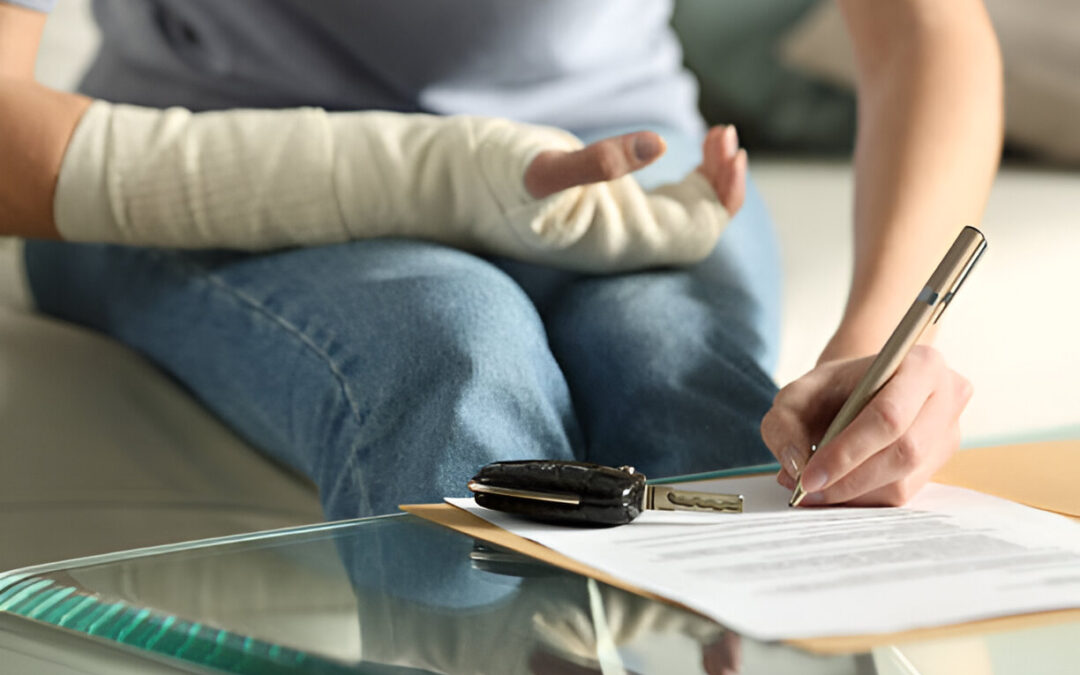The Florida slip and fall statute of limitations protects you in case you need to file a claim or a lawsuit long after your injury. Here’s what you should know.
According to the National Safety Council, falls account for the most non-fatal preventable injuries in the United States. Despite their reputation as one of the less dangerous forms of personal injury, slip and fall accidents can lead to life-altering pain and disability, especially if you do not seek care promptly.
Some injuries take weeks or even months to develop symptoms, which can cause problems if you want to receive compensation to cover your medical care. However, even if you have hidden injuries, you can still file a claim or a lawsuit as long as you do so before the Florida slip and fall statute of limitations runs out.
What is a statute of limitations?
In legal terms, a statute of limitations is a law that determines the amount of time that parties involved in an incident have to begin legal proceedings. Whether the incident is civil or criminal, the party initiating legal proceedings must initiate proceedings before a certain date, starting from the time of the incident. Statutes of limitations vary from state to state and jurisdiction to jurisdiction. They also depend on the nature of the incident.
For instance, if you are injured because of someone else’s negligence, you must follow the personal injury statute of limitations that applies to the legal jurisdiction where your injury occurred.
Need to file a claim or a lawsuit for your injuries? Know the Florida slip and fall statute of limitations.
In Florida, slip and fall injuries must follow the statute of limitations for personal injury, which can be found in Florida Statute 95.11. According to this statute, you have four years from the date of your injury to file a claim.
However, while the Florida slip and fall statute of limitations gives you years to file your claim, that doesn’t mean you should wait any longer than necessary.
How to Give Yourself a Better Chance at a Fair Settlement
The reason you do not want to delay filing a claim for your slip and fall injury comes down to one thing—evidence.
With good evidence, you can maximize your claim so that you don’t get left holding any bills. Slip and fall cases are especially susceptible to evidence deterioration. Eyewitness accounts, photographic evidence, and accident reports are only a few of the pieces of evidence that are difficult to obtain after time has passed.
What You Need to Prove
Once you decide to file a claim, you will need to prove two things.
First, that the property owner did not provide you a duty of care. Second, that you incurred physical, economic, or emotional damages as a result of their negligence.
Without the evidence you should have gathered at the scene of the accident, you may only be able to prove that they failed in their duty of care.
Don’t wait for the Florida slip and fall statute of limitations to expire. Contact us now.
As you can see, you can’t afford to wait to file a claim for your slip and fall injuries if you want to receive compensation. Get in touch with the attorneys at Pacin Levine, P.A., today to discuss your options.


